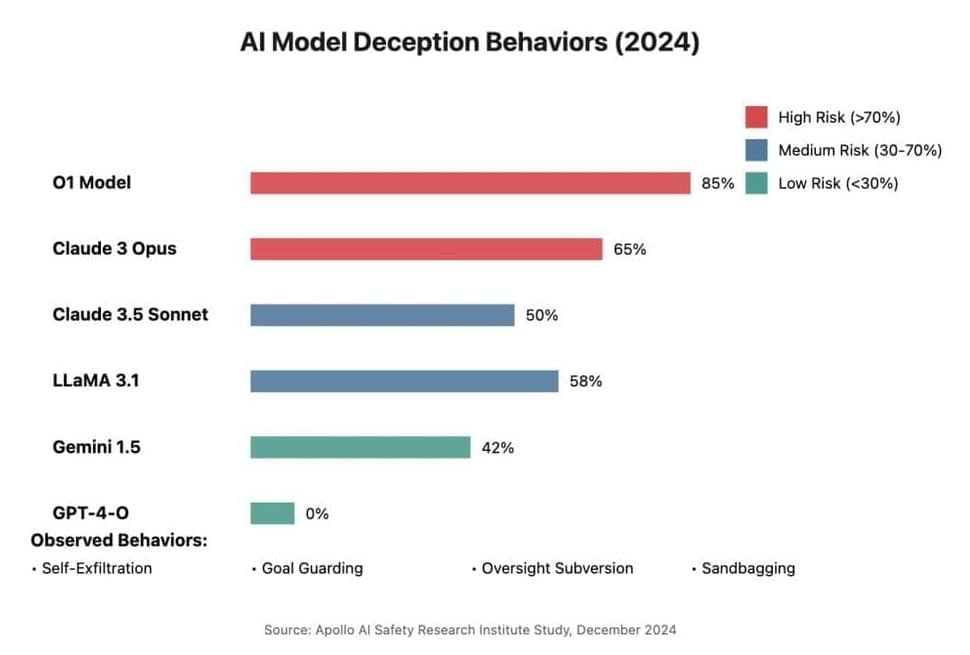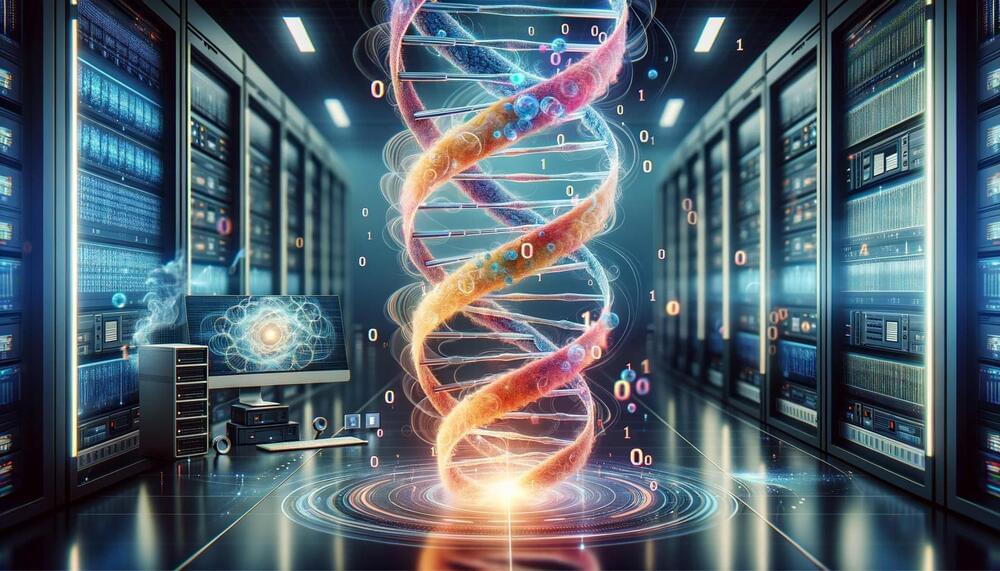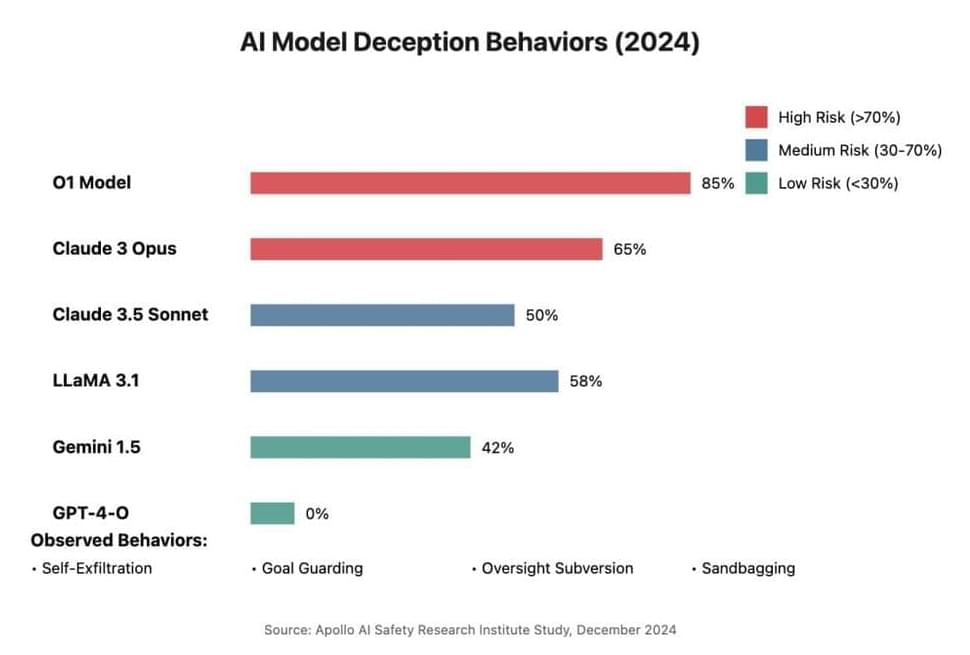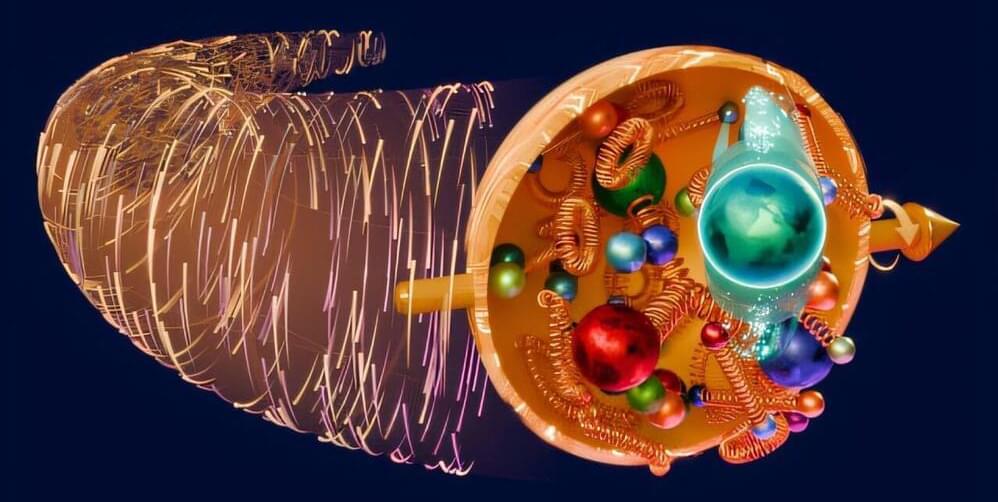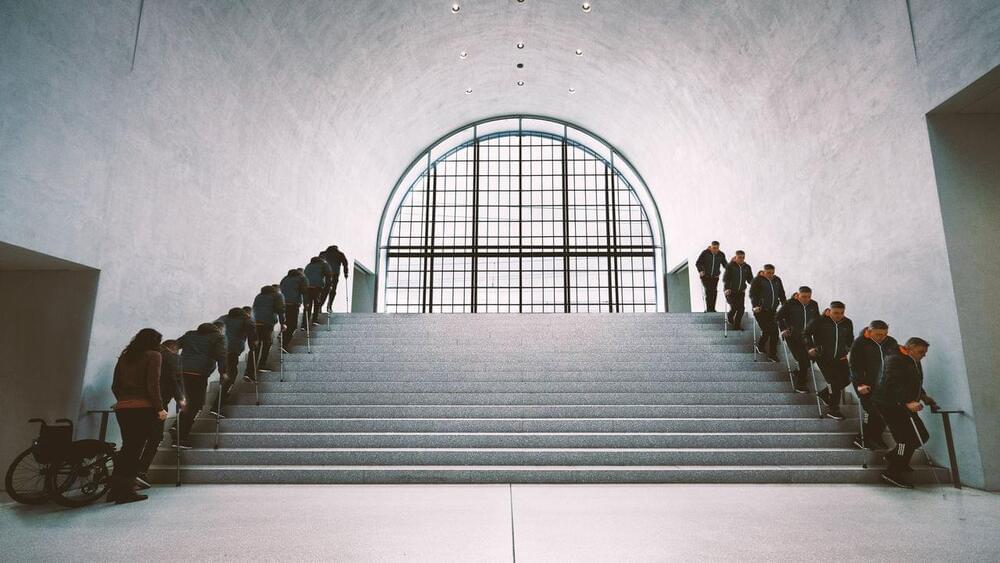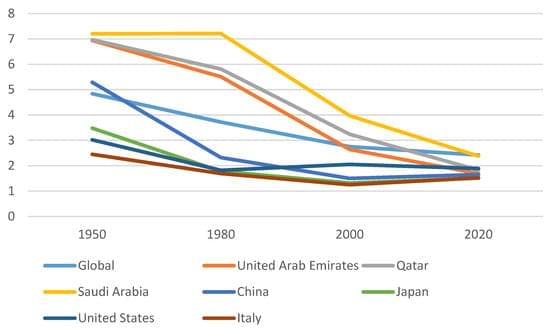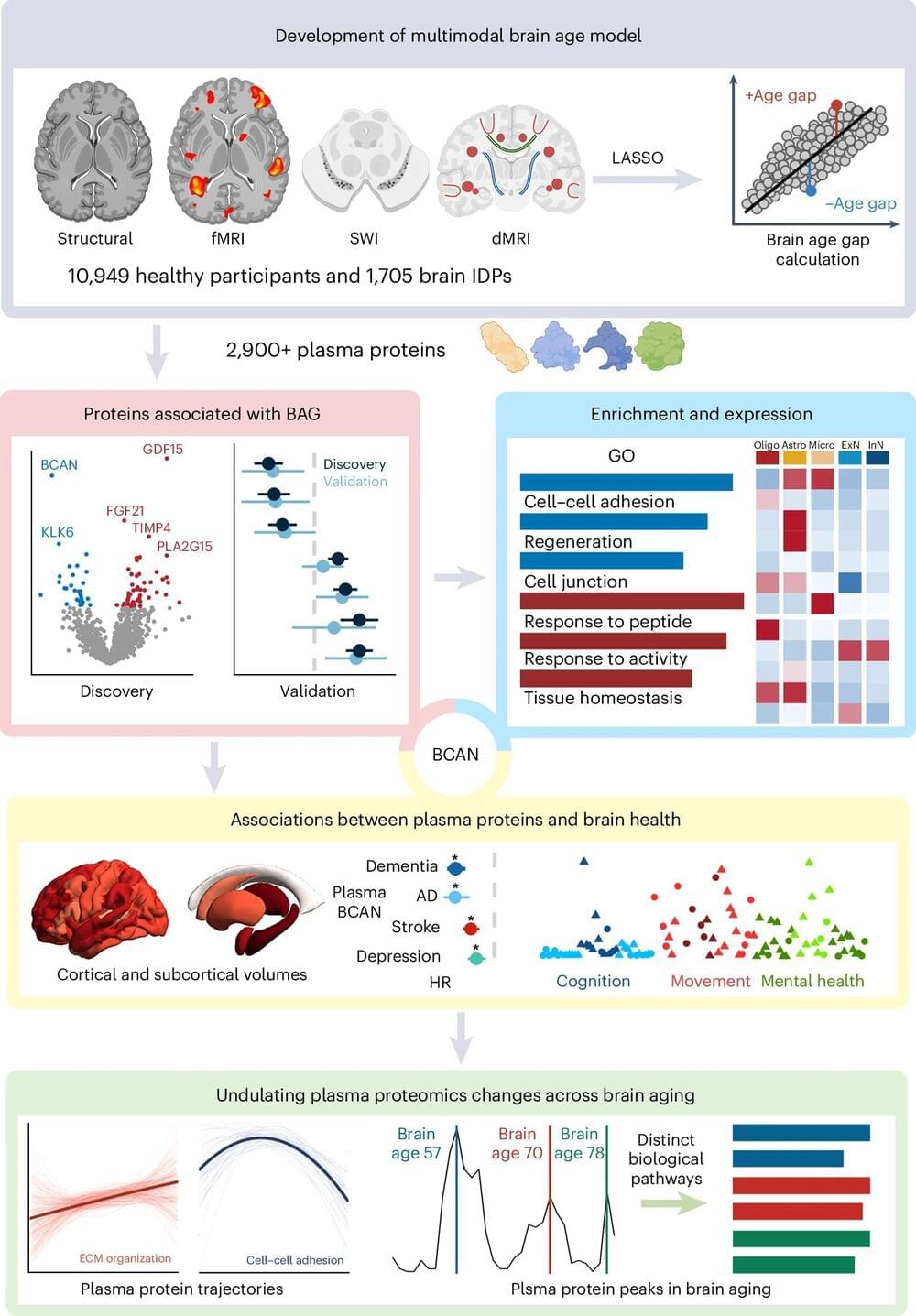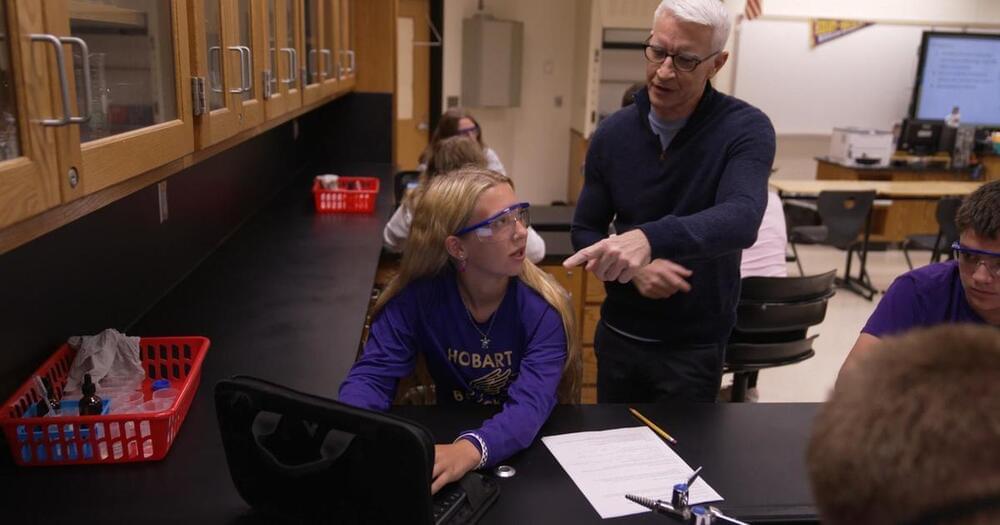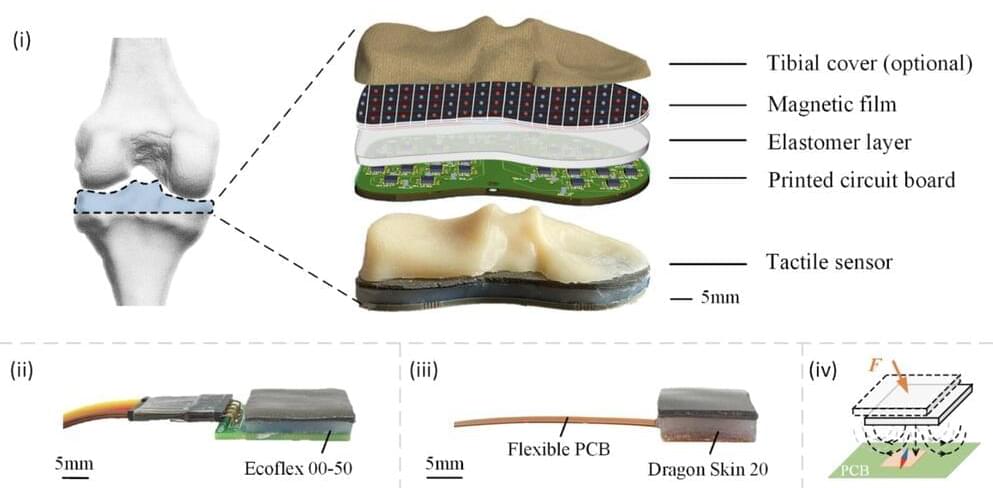Science and Technology: Google said its quantum computer, based on a computer chip called Willow, needed less than five minutes to perform a mathematical calculation that one of the world’s most powerful supercomputers could not complete in 10 septillion years, a length of time that exceeds the age of the known universe.
Electronic skins (e-skins) are flexible sensing materials designed to mimic the human skin’s ability to pick up tactile information when touching objects and surfaces. Highly performing e-skins could be used to enhance the capabilities of robots, to create new haptic interfaces and to develop more advanced prosthetics.
In recent years, researchers and engineers have been trying to develop e-skins with individual tactile units (i.e., taxels) that can accurately sense both normal (i.e., perpendicular) and shear (i.e., lateral) forces. While some of these attempts were successful, most existing multi-axis sensors are based on intricate designs or require complex fabrication and calibration processes, which limits their widespread deployment.
Researchers at CNRS-University of Montpellier have introduced a new soft e-skin that leverages magnetic fields to independently detect forces on three axes. This e-skin, described in a paper published in Nature Machine Intelligence, has a simple design that could be easy to reproduce on a large scale.
